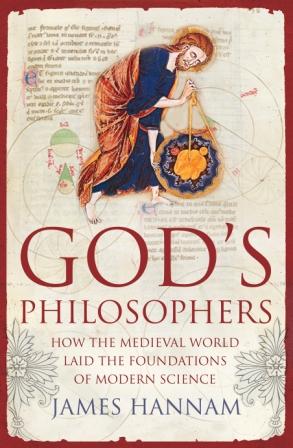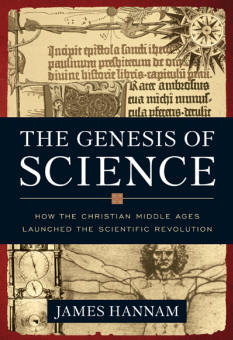
|
If you have enjoyed Bede's Library, you can order my book, The Genesis of Science: How the Christian Middle Ages Launched the Scientific Revolution (US) from Amazon.com or God's Philosophers: How the Medieval World Laid the Foundations of Modern Science (UK) from Amazon.co.uk. |
|
For my latest thoughts on science, politics, religion and history, read Quodlibeta
|
An Evening with GA Wells
![]()
On 17th October 2003, GA Wells, professor emeritus of German from Birkbeck College and a grand old man of 77, gave a talk to the Cambridge University Humanism Society on the subject "Was he crucified under Pontius Pilate?". Wells has been writing books on his radical thesis on Christian origins since the 1970s and his seventh is about to be published. While he has not been in the best of health, he appeared to us as a smartly dressed and sprightly gentlemen, with the old school graces of excellent manners and elocution.
His talk offered us what is probably the final evolution of his views. These are no longer quite so extreme as in the past and he can no longer be classified as a 'Jesus Mythologist'. Wells began by analysing the Pauline corpus and other early Christian epistles to show that they are a product of Jewish wisdom tradition of Enoch, Proverbs and the Wisdom of Solomon. Very little of this would be controversial. However, he insisted that the lack of details about Jesus's life and death can only be put down to Paul's ignorance of them. Paul, he claims, knew nothing of Judas, Pilate or Jesus's earthly ministry nor exactly when he had lived. However he made very clear, contra Earl Doherty and indeed the chairman of the meeting, that Paul did believe Jesus had been a real Jewish man put to death by crucifixion.
Placing the Gospels firmly after the Jewish revolt culminated in 70AD, he suggested that they were completely cut off from the original Pauline Christians and that the Jerusalem church with which Paul argued no longer existed to gainsay their contents. Instead, Mark was built up from the fictional reworking of Old Testament prophecy and in particular, the suffering servant of Isaiah. There was no passion under Pontius Pilate and the earliest Christians knew of no such thing. The Q source, added to Mark to help compile the Gospels of Matthew and Luke, does, however, reflect the preaching of a real Galilean Jewish prophet of the first half of the first century who was conflated with the earlier Jesus of Paul (Jesus, after all was a common enough name). In other words the Jesus of the later church was an amalgam of two figures linked by a fictitious Jerusalem narrative.
Most questions afterwards revolved around the audience's lack of expertise with New Testament scholarship which Professor Wells had, to some extent, assumed in his talk. Your correspondent asked how the old Christians of Paul's churches were supposed to have reacted when the new stories in Mark emerged and why we see no controversy or survival of the early gentile converts Paul made. Wells was only able to claim that history was written by the winners and such evidence that did exist has been lost in the intervening period. However, after the talk the secretary of the society let me know that Wells also thought that the letters of Ignatius, a second century martyr, which affirm the crucifixion in no mean terms, provided further evidence. Such confirmation would be unnecessary if the truth was indubitable.
In all it was an interesting talk that saw Wells emerge as less of a radical figure than he is often assumed to be, but still with a radical reworking of the evidence regarding Christian origins.
![]()

